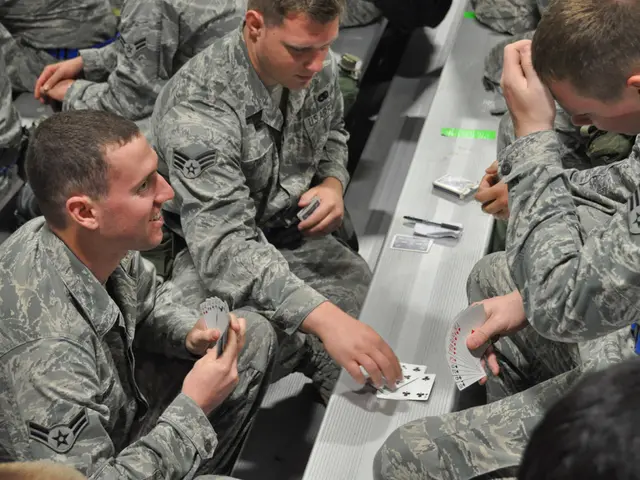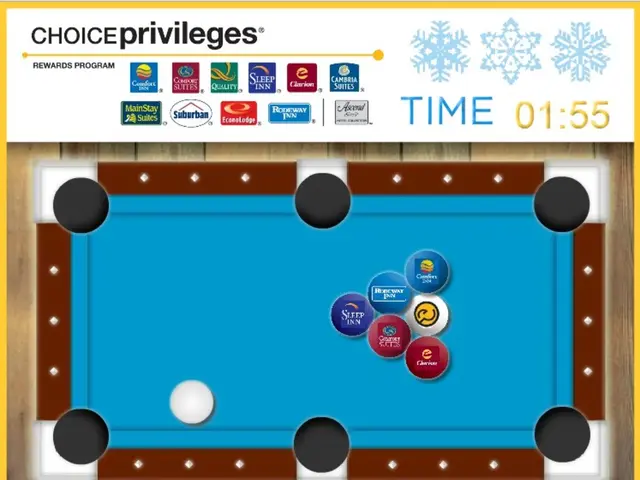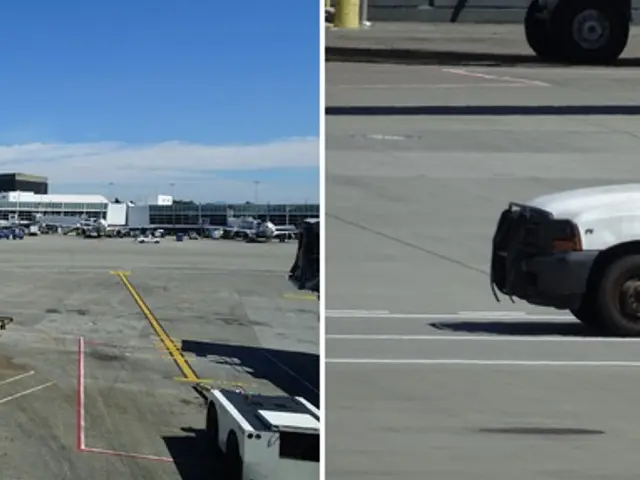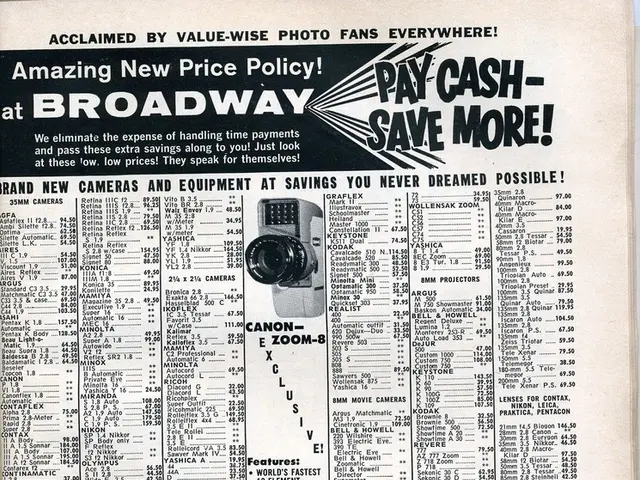Guarding the playing field: Geolocation's influence in contemporary lottery endeavors
In the digital age, geolocation technology has become a crucial component in ensuring compliance and security for lottery services. This innovative technology provides real-time verification of a player's location, blocking access from prohibited areas, and enforcing compliance with state and federal laws.
For instance, the UAE's national lottery requires geofencing of places of worship to respect local norms, while some U.S. platforms voluntarily block play from schools or campus dorms as a proactive safeguard. This high-precision geo-tech now allows blocking play at specific locations, such as places of worship or schools.
Lottery platforms verify a player's location at purchase or login, but demand high precision near jurisdiction borders to avoid false blocks or legal breaches. Advanced geolocation systems monitor for anomalies like rapid location "jumps" or device tampering, flagging potential fraud rings and account sharing.
Geolocation technology also helps lotteries prevent fraud by detecting and shutting down illicit behavior, such as masking location with a VPN or fake GPS. Moreover, it provides audit trails and proof of compliance for regulators.
Beyond compliance, geolocation technology offers new opportunities for lotteries. Enhanced accuracy and analytics from geolocation will enable new insights, allowing lotteries to leverage location patterns to inform retail partnerships or hyper-local marketing. Geo-targeted marketing can show players nearby retailer promotions or regional jackpot ads relevant to their area.
In-app engagement can be enhanced using location triggers, such as offering special promotions when a user attends a live event or enters a partner venue. This personalised approach not only enhances the user experience but also fosters a sense of community and engagement.
As lottery platforms expand, geolocation will become more seamless. High-precision geo-tech now allows for faster, plug-and-play integrations and less reliance on separate plugins. This evolution will ensure that lottery services can provide a secure, engaging, and socially responsible experience in an increasingly connected world.
However, lottery services have unique challenges compared to other sectors like sports betting or casino gaming. For example, lottery operators must verify that online ticket purchasers are physically present within their jurisdiction. One-off draw ticket purchases and real-time checks for instant win games require a high level of precision and responsiveness from geolocation technology.
Additionally, lottery services have unique considerations such as prohibiting employees or their household members connected to lottery operations from purchasing tickets. Regulating intermediary services (couriers) that purchase tickets on behalf of players is another distinct layer of regulation compared to sports betting or casino gaming. These courier services are advised to implement geolocation to confirm the purchaser’s location within the jurisdiction and ensure integrity in ticket ordering, delivery, and redemption.
In summary, the specific geolocation requirements for lotteries emphasize mandatory verification of physical location at purchase time within strict legal boundaries, blocking access or invalidating plays if outside jurisdiction, additional restrictions based on employee relationships, and the unique regulation of courier services tied to lottery ticket purchases.
As geolocation technology continues to evolve, it is poised to play a pivotal role in shaping the future of lottery services, providing a secure, engaging, and socially responsible experience for players.
Sports betting and casino-gambling platforms could benefit from the same geolocation technology employed by lotteries, as it ensures compliance by blocking access from restricted areas and guaranteeing that players are physically present within the jurisdiction. Enforcing this principle could help prevent employees or their household members connected to lottery, casino, or sports betting operations from buying tickets.
Geolocation technology is of particular importance for lotteries, which require one-off draw ticket purchases and real-time checks for instant win games to have a high level of precision and responsiveness to maintain fairness and avoid legal breaches. Similar rigorous geolocation precision could help sports betting and casino-games providers ensure that their customers are located within the legal gambling boundaries set by state and federal laws, promoting a secure, engaging, and socially responsible experience for all players.







